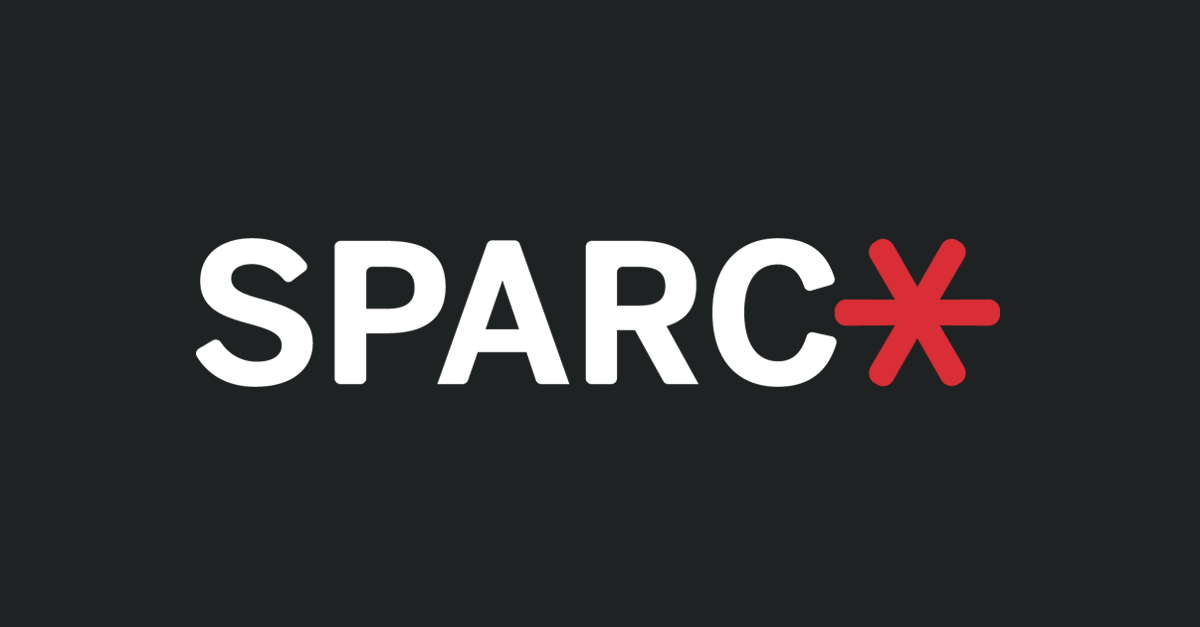steve_bank
Diabetic retinopathy and poor eyesight. Typos ...
One problem is at some point photons have to interact with electronics.
 en.wikipedia.org
en.wikipedia.org
Optical computing - Wikipedia
Optical computing or photonic computing uses light waves produced by lasers or incoherent sources for data processing, data storage or data communication for computing. For decades, photons have shown promise to enable a higher bandwidth than the electrons used in conventional computers (see optical fibers).
Most research projects focus on replacing current computer components with optical equivalents, resulting in an optical digital computer system processing binary data. This approach appears to offer the best short-term prospects for commercial optical computing, since optical components could be integrated into traditional computers to produce an optical-electronic hybrid. However, optoelectronic devices consume 30% of their energy converting electronic energy into photons and back; this conversion also slows the transmission of messages. All-optical computers eliminate the need for optical-electrical-optical (OEO) conversions, thus reducing electrical power consumption.[1]
Application-specific devices, such as synthetic-aperture radar (SAR) and optical correlators, have been designed to use the principles of optical computing. Correlators can be used, for example, to detect and track objects,[2] and to classify serial time-domain optical data.[3]
Controversy
There are some disagreements between researchers about the future capabilities of optical computers; whether or not they may be able to compete with semiconductor-based electronic computers in terms of speed, power consumption, cost, and size is an open question. Critics note that[9] real-world logic systems require "logic-level restoration, cascadability, fan-out and input–output isolation", all of which are currently provided by electronic transistors at low cost, low power, and high speed. For optical logic to be competitive beyond a few niche applications, major breakthroughs in non-linear optical device technology would be required, or perhaps a change in the nature of computing itself.[10]


